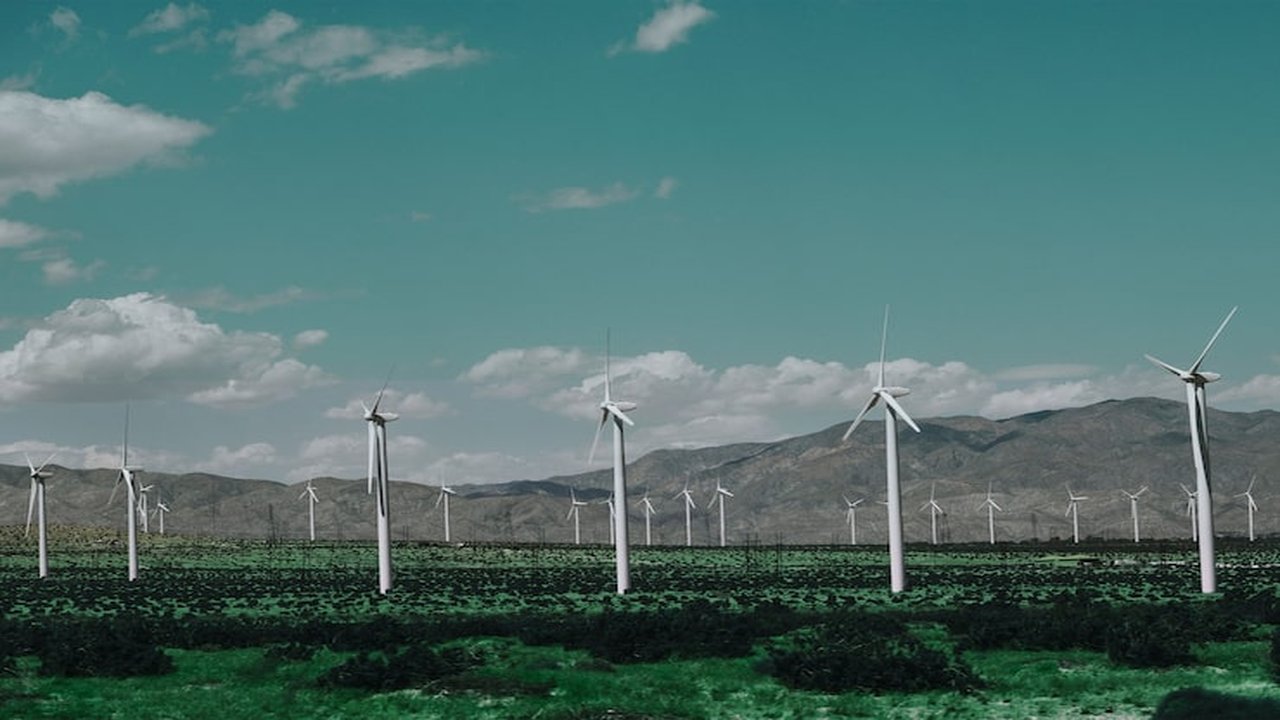 In Fiscal Year 2025, FedEx made significant strides in advancing sustainability initiatives across the Asia Pacific region, blending operational enhancements with impactful community engagement efforts. From expanding its electric vehicle fleet to empowering local communities through the FedEx Cares program, the company's commitment to environmental stewardship and social responsibility shines through. Join us as we delve into how FedEx is leading the charge towards a more sustainable future, driving positive change in both business practices and community welfare.
In Fiscal Year 2025, FedEx made significant strides in advancing sustainability initiatives across the Asia Pacific region, blending operational enhancements with impactful community engagement efforts. From expanding its electric vehicle fleet to empowering local communities through the FedEx Cares program, the company's commitment to environmental stewardship and social responsibility shines through. Join us as we delve into how FedEx is leading the charge towards a more sustainable future, driving positive change in both business practices and community welfare.
Advancing Decarbonization Through Electric Vehicle Fleet Expansion
In Fiscal Year 2025, FedEx continued its commitment to decarbonization by expanding its electric vehicle (EV) fleet across key Asia Pacific markets. By strategically deploying 8,018 EVs globally, including the introduction of six electric cargo vans in Korea, FedEx is actively reducing its carbon footprint from vehicle emissions. This move aligns with the company's goal to achieve carbon-neutral operations globally by 2040, showcasing a proactive approach to sustainability through the adoption of smart technology and clean energy solutions.
The integration of advanced intelligence solutions, such as the AI-powered Stops Sequencing tool, further enhances FedEx's decarbonization efforts. By optimizing delivery routes in real-time based on package volume and customer specifications, the company not only reduces carbon emissions but also improves operational efficiency. This strategic combination of fleet electrification and intelligent route planning underscores FedEx's holistic approach to sustainable operations, setting a precedent for other organizations looking to drive positive environmental change within their supply chains.
Strengthening Community Engagement Through Sustainable Programs
FedEx's commitment to sustainability extends beyond operational enhancements to impactful community engagement initiatives. Through the FedEx Cares program, the company collaborates with local organizations and non-profits across Asia Pacific to support environmental restoration and empower employees to volunteer in their communities. The significant increase in volunteer participation and sustainability-focused community programs in Fiscal Year 2025 reflects FedEx's dedication to creating a more sustainable and inclusive future for all.
One notable example of FedEx's community impact is the annual FedEx Cares Purple Tote Campaign, where over 800 team members volunteered more than 1,000 hours to collect and donate essential supplies, benefiting over 1,600 beneficiaries. Additionally, the expansion of the 2025 Library Program in China highlights FedEx's focus on education as a key pillar of sustainable development. By reaching 40 schools and communities and providing educational resources to approximately 9,000 children and teachers, the company is actively investing in future talent and fostering sustainable growth within underserved areas.
Integrating Renewable Energy Solutions for Sustainable Operations
In line with its sustainability goals, FedEx has been integrating renewable energy solutions into its facilities across the Asia Pacific region. By leveraging solar energy to power operations and charge local EV fleets, such as at the South Pacific Regional Hub in Singapore, FedEx is reducing its reliance on traditional energy sources and transitioning towards a more sustainable energy mix. This strategic shift not only aligns with the company's long-term vision for sustainability but also demonstrates a commitment to reducing its environmental impact through innovative energy solutions.
The integration of renewable energy sources not only reduces FedEx's carbon footprint but also creates synergies between clean energy generation and fleet electrification. By harnessing solar power to meet a significant portion of its electricity demands, the company is setting a precedent for sustainable energy practices within the logistics industry. This proactive approach to renewable energy integration showcases FedEx's leadership in driving positive environmental change and underscores the importance of transitioning towards cleaner energy sources for long-term sustainability.
Conclusion
FedEx's steadfast dedication to sustainability in Fiscal Year 2025 exemplifies a blueprint for responsible corporate leadership, intertwining decarbonization efforts with impactful community engagement and renewable energy integration. By expanding its electric vehicle fleet, fostering community programs through FedEx Cares, and embracing renewable energy solutions, FedEx not only sets a high standard for sustainable operations but also ignites a ripple effect for positive change across global supply chains. As businesses worldwide navigate the imperative shift towards sustainability, FedEx stands as a beacon of innovation and ethical stewardship, urging stakeholders to embrace purpose-driven practices that harmonize profitability with planet and people.